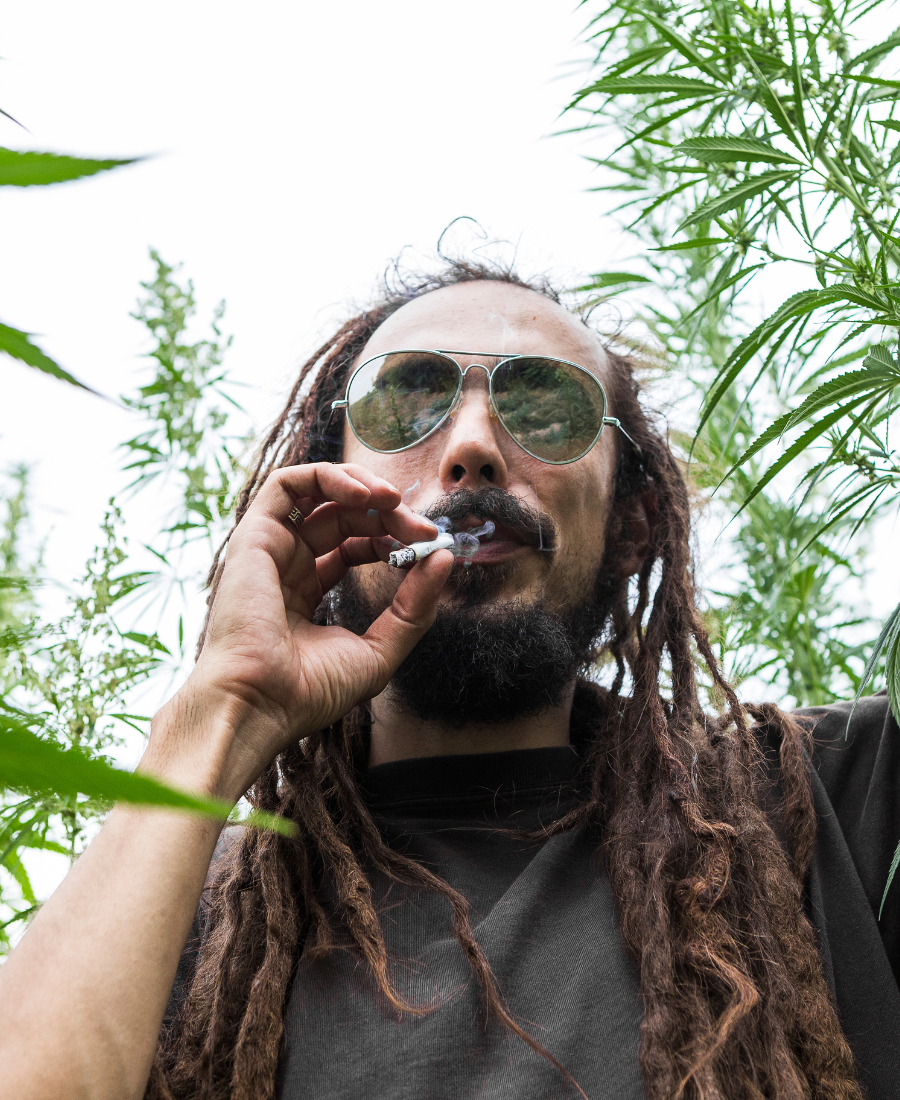Cannabis dilemma: Why legal does not equal available

Inhaltsverzeichnis: Cannabis dilemma: Why legal does not equal available
On 1 April, a new chapter in drug policy was opened in Germany: cannabis was legalized. However, this step, which was celebrated as progressive and forward-looking, also brings with it unexpected challenges. Legalization does not mean that consumers now have free access to legal purchase. Currently, there is no legal way to obtain cannabis, as the establishment of cannabis clubs and home-growing licenses are still a long way off. This article takes a closer look at how the new legal situation leads to a legal gray area and what consequences this has for consumers. Why is cannabis legal but still so difficult to obtain? This contradiction is the focus of our examination and sheds light on the complexity and temporary inadequacies of the current regulations. We explore how this situation poses a challenge not only for users, but also for the authorities.
Background to the current legal situation
The legalization of cannabis in Germany on April 1 was a pivotal moment, but it did not immediately lead to the substance being freely available. Although the new law allows the consumption of cannabis, the infrastructure for legal sources of supply such as cannabis clubs or permitted home cultivation has not yet been established. Cannabis clubs are not scheduled to start until July 1, and home cultivation takes time to produce yields. This gap in availability leads to legal gray areas in which consumers find themselves. During this transition period, access to legally purchased cannabis remains effectively blocked, leading to confusion and potential legal issues for consumers.

The role of cannabis clubs and home-growing
Cannabis clubs: new institutions for legal cannabis
Cannabis clubs are intended to be an important part of the new cannabis legislation. From July 1, these clubs are to operate in Germany, where members will be allowed to legally grow and consume cannabis. However, the official launch of these clubs is still planned, and it could be some time before they are fully established and able to provide cannabis to their members. These delays are partly due to the need to create a clear regulatory framework to ensure both legal cultivation and consumption within the clubs.
Home cultivation: time challenges
Home-growing cannabis offers a personal and immediate approach to legal cannabis use. However, this method comes with challenges, particularly in terms of time to harvest. Cannabis plants require a significant growing and maturing period, usually at least two months, before they reach the quality and potency required for consumption. This waiting period can be frustrating for those in need of immediate access. However, in the long term, home growing offers the opportunity to develop a deeper connection to one's consumption habits and create an awareness of plant care.
Legal dilemma for consumers
Challenges without legal sources of supply
Cannabis consumers are currently facing major challenges as there are no legal sources of supply. Despite the legalization of consumption, the purchase of cannabis outside of specific, as yet unestablished channels remains illegal. This presents many users with the problem of either obtaining supplies illegally or abstaining from consumption altogether. This state of uncertainty and the lack of legal options lead to considerable legal uncertainty among users.
Consequences of detention and the obligation to testify
The lack of legal procurement channels also has serious legal consequences. Users who acquire cannabis from illegal sources can be called as witnesses in proceedings against their suppliers. If they refuse to testify, they may face a fine or, in the worst case, imprisonment for up to six months in accordance with Section 70 of the Code of Criminal Procedure. This potential threat of punishment significantly increases the pressure on consumers and raises serious questions about the fairness and practical implementation of the new legislation.
Positions of the law enforcement authorities and critical voices
Position of the authorities in Baden-Württemberg
The law enforcement authorities in Baden-Württemberg are determined to take active action against the illegal drug trade under the new cannabis legislation. While they acknowledge the legalization of cannabis as an important social step, they also stress the need to strictly monitor the transition phase. Their main concerns are focused on the period until legal sales and cultivation structures are fully established, as during this time users will inevitably be reliant on illegal markets. This increases the risk of consumers being drawn into criminal networks and presents a challenge for law enforcement to maintain the balance between control and freedom.
Critical voices from other federal states
Critical vo ices from other federal states emphasize that the implementation of the new cannabis laws may not go as smoothly as hoped. Many see the current regulation as too much of a burden on the justice system and fear an increase in organized crime. These concerns are based on the assumption that the necessary infrastructure for legal cannabis clubs and home cultivation may not be in place in time, which in turn will strengthen the black market. There are also concerns about the legal uncertainties and ethical issues arising from the requirement for users to disclose their sources of supply. This complex situation could have a long-term impact on the acceptance and effectiveness of cannabis legalization.
Looking to the future
The future development of cannabis policy in Germany is of great importance and is the subject of intense debate. Experts and policy makers agree that adjustments and fine-tuning of current laws will be necessary to address the problems that have arisen. Possible solutions could include speeding up licensing procedures for cannabis clubs and clearer regulation of home cultivation. In the long term, the integration of additional legal sales outlets could also be considered in order to improve access to legal cannabis products and effectively combat the illegal market. Experts also emphasize the importance of education and awareness programs to promote healthy and responsible consumer behavior.
















